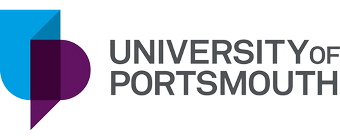This approved MSc Electronic and Electrical Engineering course teaches you the fundamentals of modern electronics and electrical engineering. You'll build and install electronic systems, work with practical applications of current technology, and improve your abilities to meet the demands of more advanced roles in your sector.
On a course designed to address the sector's skills deficit, you'll learn about major topics in electronic and electrical engineering, such as microwave and wireless technology, as well as the practical application and design aspects of electronic systems. You'll be well-prepared to seek careers in product design and aeronautical engineering after graduation.














